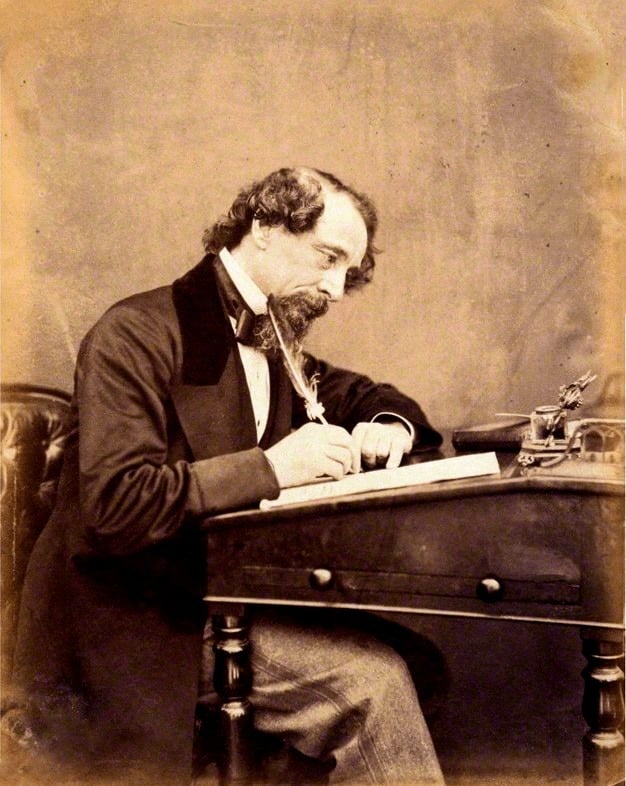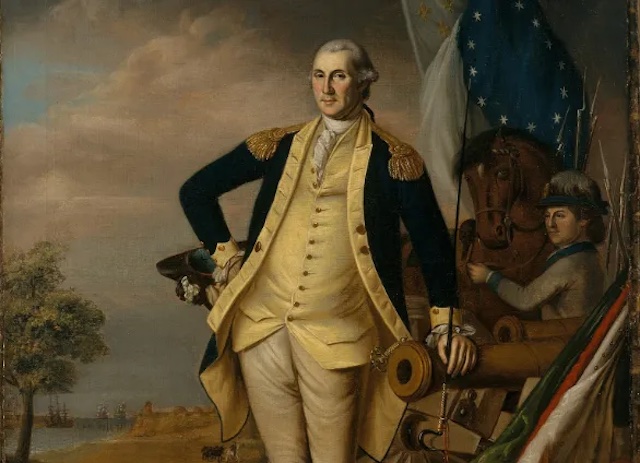 George Washington, it’s famously said, was “First in war, first in peace, and first in the hearts of his countrymen.” Such firsts undoubtedly contributed to his other great achievements, including his election as president of both the Constitutional Convention and the United States.
George Washington, it’s famously said, was “First in war, first in peace, and first in the hearts of his countrymen.” Such firsts undoubtedly contributed to his other great achievements, including his election as president of both the Constitutional Convention and the United States.
In other words, Washington was not an average man. But his above-average nature didn’t happen overnight. At age 14, he copied out more than 100 maxims of good behavior in his school book, likely intending to implement them in his own life. Many of these are still applicable today. Following them can help modern men be true gentlemen who stand head and shoulders above the crowd in both character and conduct. Continue reading

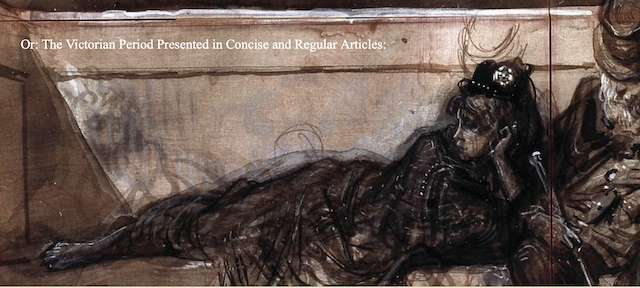 Any fan of Dickens will know that he died before he could finish ‘The Mystery of Edwin Drood’. But, if not for him surviving a train accident in Kent in 1865, his last piece of work could well have been ‘Our Mutual Friend’
Any fan of Dickens will know that he died before he could finish ‘The Mystery of Edwin Drood’. But, if not for him surviving a train accident in Kent in 1865, his last piece of work could well have been ‘Our Mutual Friend’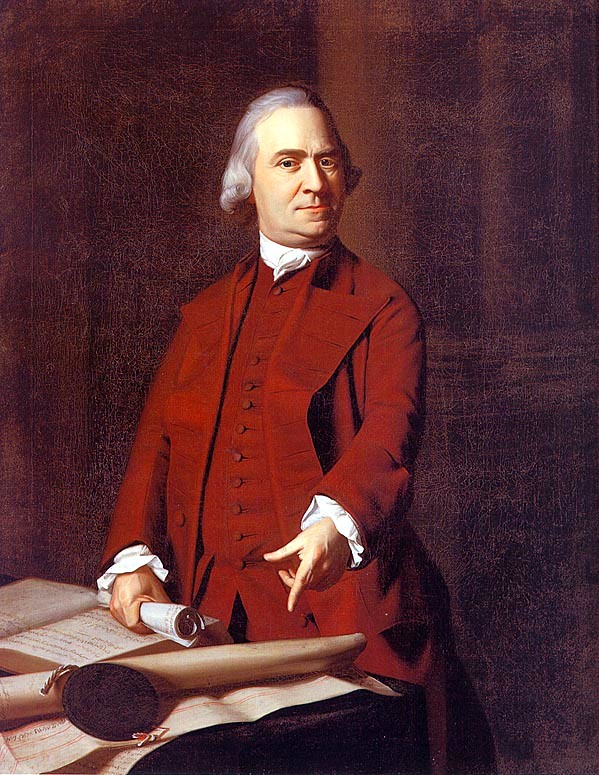
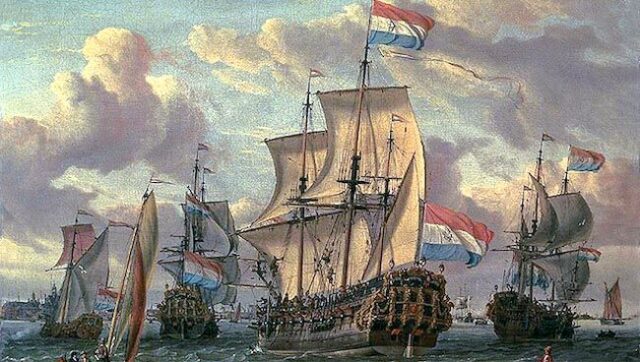 When their ship from the Netherlands docked in the harbor of New Amsterdam (now New York City) in 1688, Garrett Hendricks DeWeese, and his wife Zytian, could not have known of the historic events that would direct the destiny of their future family. Nor could they have known how those future sons and daughters would be central figures in molding those events.
When their ship from the Netherlands docked in the harbor of New Amsterdam (now New York City) in 1688, Garrett Hendricks DeWeese, and his wife Zytian, could not have known of the historic events that would direct the destiny of their future family. Nor could they have known how those future sons and daughters would be central figures in molding those events. 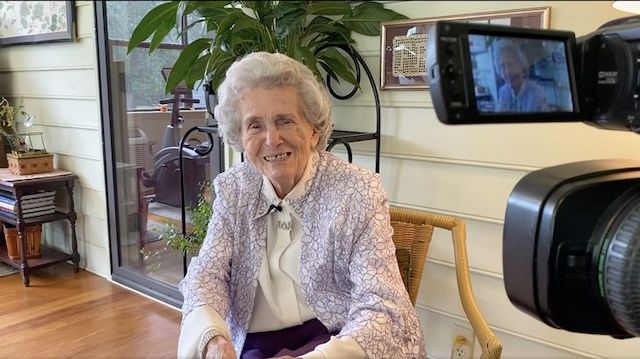 Teachers often have thankless jobs — at least the teachers who aren’t trying to indoctrinate kids into everything leftist — and many of them leave their jobs out of frustration. So the story of a teacher who stuck it out until she retired at the age of 95 is impressive.
Teachers often have thankless jobs — at least the teachers who aren’t trying to indoctrinate kids into everything leftist — and many of them leave their jobs out of frustration. So the story of a teacher who stuck it out until she retired at the age of 95 is impressive.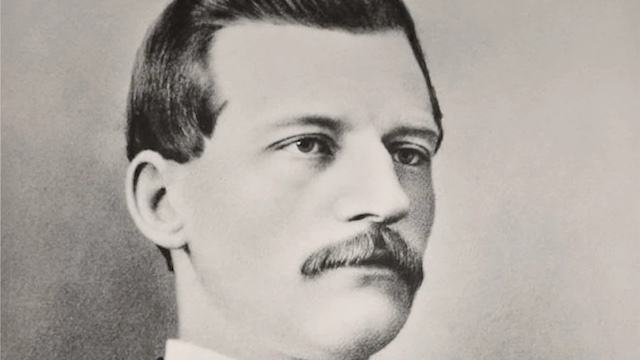 One of the most interesting exports from Georgia to Montana was the namesake for the latter state’s fourth largest city. His name was John Bozeman. His short life is a tale of risk-taking enterprise in the wilds of America’s western frontier.
One of the most interesting exports from Georgia to Montana was the namesake for the latter state’s fourth largest city. His name was John Bozeman. His short life is a tale of risk-taking enterprise in the wilds of America’s western frontier. 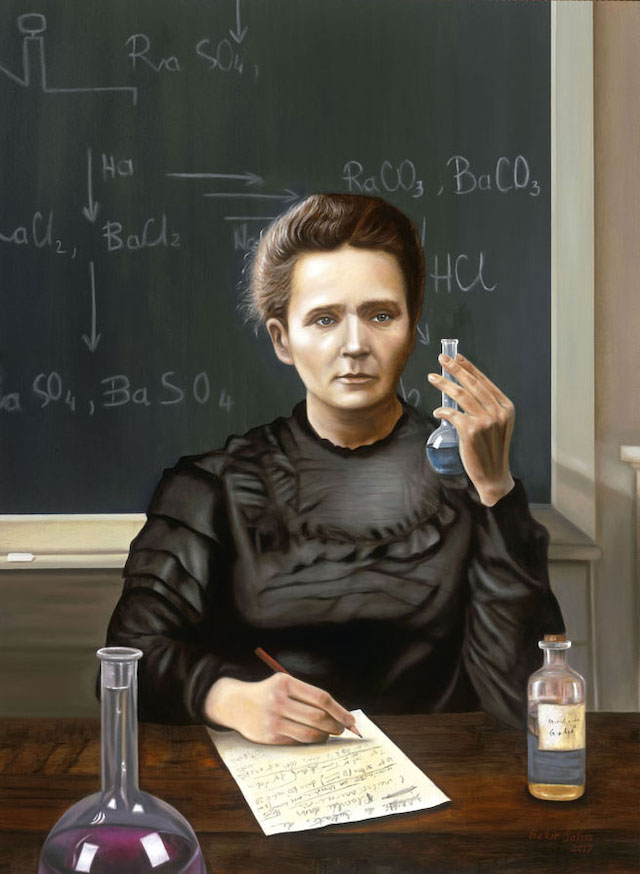 Considered to be one of the most famous 20th-century scientists, Marie Curie is the only person to win two Nobel prizes in two different fields. Defying the expectations for what a woman should be during her time, Curie paved the way for our understanding of radioactivity. She also discovered two new elements, but not without paying a horrific price…
Considered to be one of the most famous 20th-century scientists, Marie Curie is the only person to win two Nobel prizes in two different fields. Defying the expectations for what a woman should be during her time, Curie paved the way for our understanding of radioactivity. She also discovered two new elements, but not without paying a horrific price… 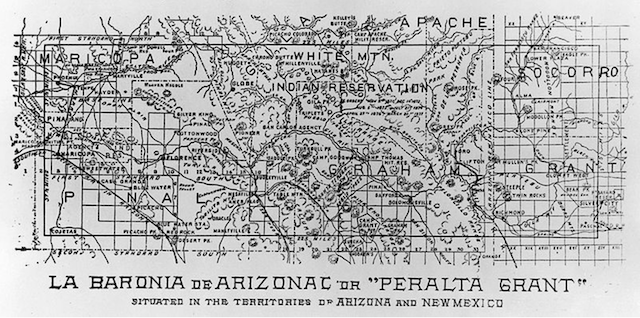 When it comes to big frauds, many names may come to mind: Charles Ponzi’s measly take of $10 million, Bernie Madoff and his $65 billion pyramid scheme, or Jeff Skilling and Ken Lay’s $74 billion accounting scam at Enron.
When it comes to big frauds, many names may come to mind: Charles Ponzi’s measly take of $10 million, Bernie Madoff and his $65 billion pyramid scheme, or Jeff Skilling and Ken Lay’s $74 billion accounting scam at Enron.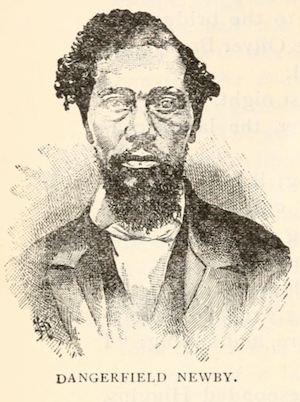 Dangerfield Newby (1815 – 1859) was the oldest of John Brown’s raiders, one of five black raiders, and the first of his men to die at Harpers Ferry, Virginia.
Dangerfield Newby (1815 – 1859) was the oldest of John Brown’s raiders, one of five black raiders, and the first of his men to die at Harpers Ferry, Virginia.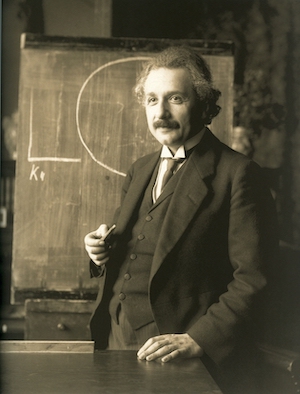 Albert Einstein was very satisfied with his job at the Swiss patent office. There he had time to study, read, and think about his time/space theory and how electromagnetism, gravity, and space-time were related. One of his great abilities was being able to search past and present subjects related to the physic questions in his mind. The search for past and present subjects gave him insight into his time-space, gravity, electromagnetism, and other thoughts and ideas.
Albert Einstein was very satisfied with his job at the Swiss patent office. There he had time to study, read, and think about his time/space theory and how electromagnetism, gravity, and space-time were related. One of his great abilities was being able to search past and present subjects related to the physic questions in his mind. The search for past and present subjects gave him insight into his time-space, gravity, electromagnetism, and other thoughts and ideas. In Almost every article, book, and publication about Albert Einstein, the words describe him as one of the greatest scientists that ever lived. His theories and discoveries about time, space and other discoveries about electromagnetism, high-frequency radiation, quantum mechanics, gravity, and Brownian motion changed the world.
In Almost every article, book, and publication about Albert Einstein, the words describe him as one of the greatest scientists that ever lived. His theories and discoveries about time, space and other discoveries about electromagnetism, high-frequency radiation, quantum mechanics, gravity, and Brownian motion changed the world.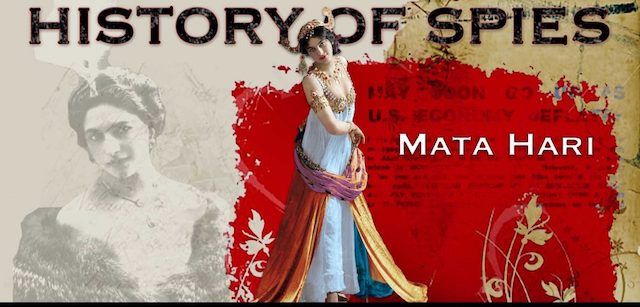 An international object of desire, Mata Hari was a dancer, a spy, and everyone who knows about her casts her in a different light. She’s been described as a courtesan, a feminist, an espionage wannabe, and a victim of the military’s need to create an enemy. Regardless of how she was seen at the time, Mata Hari had a need to live a life constantly on fire. She threw herself towards excitement, which was her undoing in the end. Ted Brandsen, the choreographer and the director of the National Ballet explained:
An international object of desire, Mata Hari was a dancer, a spy, and everyone who knows about her casts her in a different light. She’s been described as a courtesan, a feminist, an espionage wannabe, and a victim of the military’s need to create an enemy. Regardless of how she was seen at the time, Mata Hari had a need to live a life constantly on fire. She threw herself towards excitement, which was her undoing in the end. Ted Brandsen, the choreographer and the director of the National Ballet explained: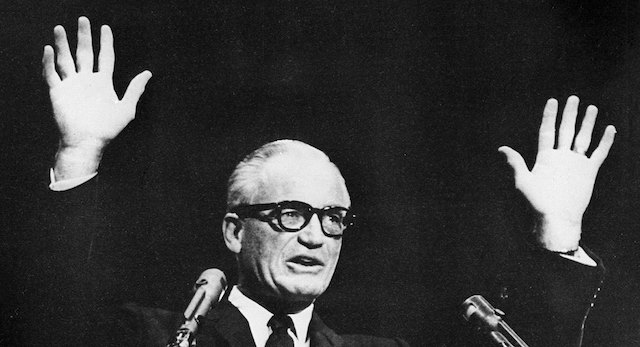 “You’ve been there before, right?”
“You’ve been there before, right?”
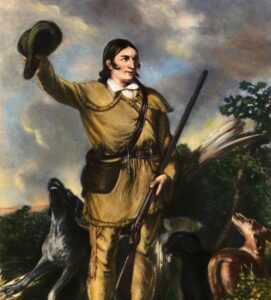 Mr. Speaker — I have as much respect for the memory of the deceased, and as much sympathy for the suffering of the living, if suffering there be, as any man in this house, but we must not permit our respect for the dead or our sympathy for a part of the living to lead us into an act of injustice to the balance of the living. I will not go into an argument to prove that Congress has no power to appropriate this money as an act of charity. Every member upon this floor knows it. We have the right, as individuals, to give away as much of our own money as we please in charity; but as members of Congress we have no right so to appropriate a dollar of the public money. Some eloquent appeals have been made to us upon the ground that it is a debt due the deceased. Mr. Speaker, the deceased lived long after the close of the war; he was in office to the day of his death, and I have never heard that the government was in arrears to him.
Mr. Speaker — I have as much respect for the memory of the deceased, and as much sympathy for the suffering of the living, if suffering there be, as any man in this house, but we must not permit our respect for the dead or our sympathy for a part of the living to lead us into an act of injustice to the balance of the living. I will not go into an argument to prove that Congress has no power to appropriate this money as an act of charity. Every member upon this floor knows it. We have the right, as individuals, to give away as much of our own money as we please in charity; but as members of Congress we have no right so to appropriate a dollar of the public money. Some eloquent appeals have been made to us upon the ground that it is a debt due the deceased. Mr. Speaker, the deceased lived long after the close of the war; he was in office to the day of his death, and I have never heard that the government was in arrears to him.
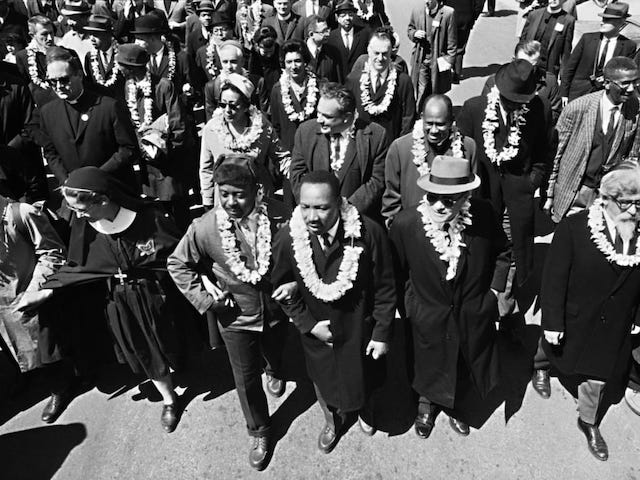 On March 25, 1965, at the conclusion of the brutally consequential march from Selma to Montgomery, Martin Luther King, Jr., delivered a speech titled “Our God Is Marching On!” He spoke to a crowd of twenty-five thousand people on the grounds of the Alabama state capitol, in view of the office window of the segregationist governor George Wallace. The address is not among King’s best-known, but it is among the most revelatory. King argued that, in the decade since the bus boycotts in that city, a new movement had emerged and an older order was starting to fall away.
On March 25, 1965, at the conclusion of the brutally consequential march from Selma to Montgomery, Martin Luther King, Jr., delivered a speech titled “Our God Is Marching On!” He spoke to a crowd of twenty-five thousand people on the grounds of the Alabama state capitol, in view of the office window of the segregationist governor George Wallace. The address is not among King’s best-known, but it is among the most revelatory. King argued that, in the decade since the bus boycotts in that city, a new movement had emerged and an older order was starting to fall away. 